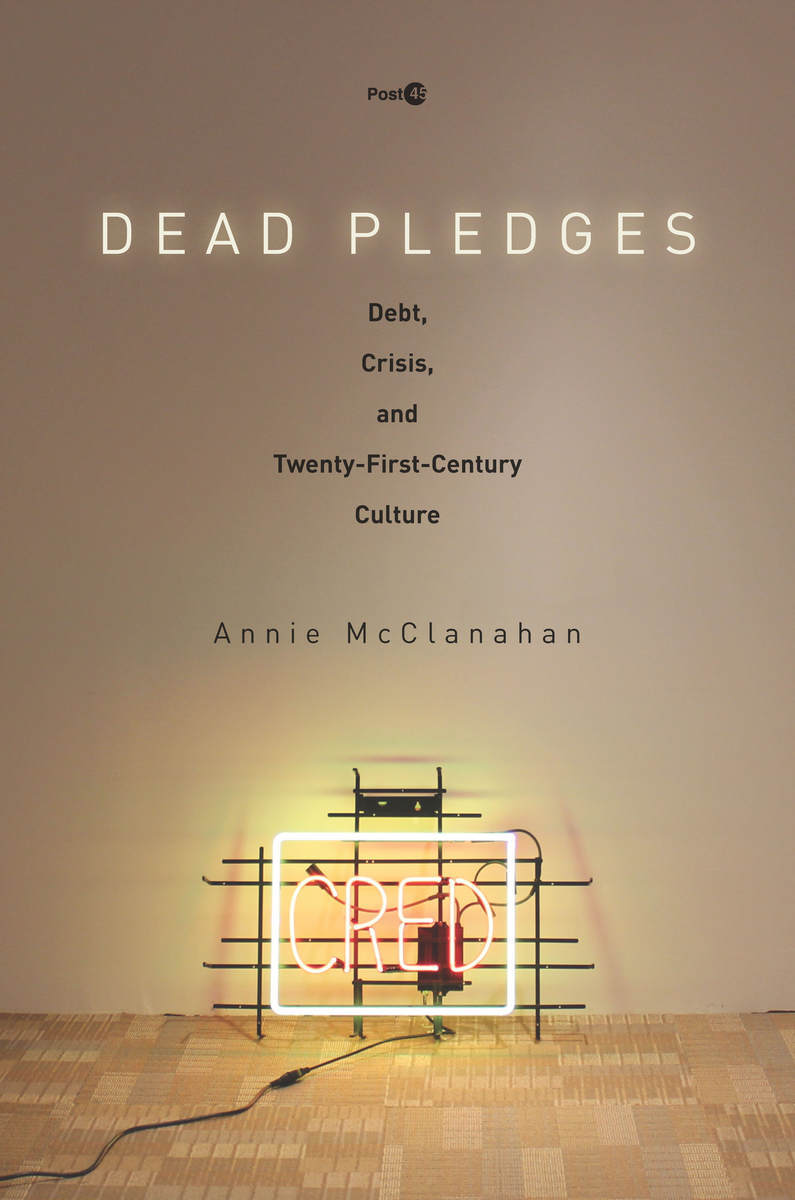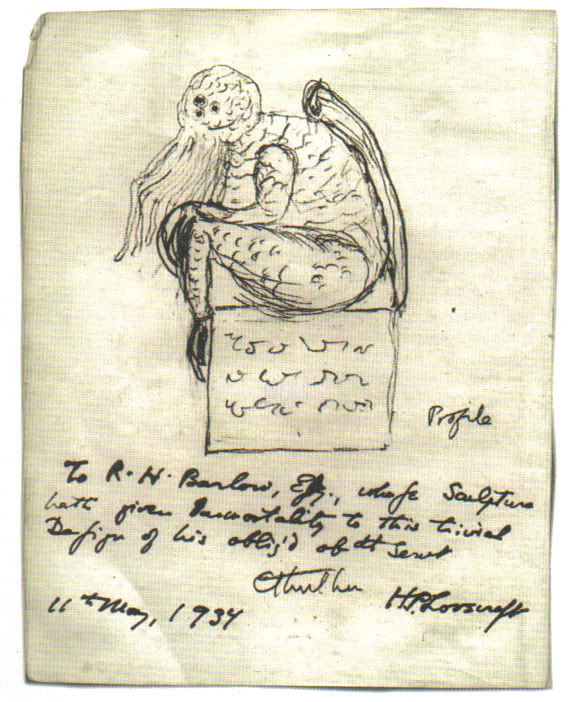Annie McClanahan: Dead Pledges: Debt, Crisis, and Twenty-First-Century Culture (2016)
Filed under book | Tags: · affect, art criticism, capitalism, debt, economics, finance, financial crisis, horror, literary criticism, mediation, mortgage, photography, property

“Dead Pledges is the first book to explore the ways that U.S. culture—from novels and poems to photojournalism and horror movies—has responded to the collapse of the financialized consumer credit economy in 2008. Connecting debt theory to questions of cultural form, this book argues that artists, filmmakers, and writers have re-imagined what it means to owe and to own in a period when debt is what makes our economic lives possible. Encompassing both popular entertainment and avant-garde art, the post-crisis productions examined here help to map the landscape of contemporary debt: from foreclosure to credit scoring, student debt to securitized risk, microeconomic theory to anti-eviction activism. A searing critique of the ideology of debt, Dead Pledges dismantles the discourse of moral obligation so often invoked to make us repay. Debt is no longer a source of economic credibility, it contends, but a system of dispossession that threatens the basic fabric of social life.”
Publisher Stanford University Press, 2016
Post ’45 series
ISBN 9780804799058, 0804799059
ix+235 pages
Reviews: Brian Whitener (The New Inquiry, 2017), Sofia Cutler (LA Review of Books, 2017), Julian Murphet (Affirmations, 2017), Davis Smith-Brecheisen (Mediations, 2017), Arne De Boever (boundary2, 2017), Laura Finch (Journal of Cultural Economy, 2018).
Comment (0)H. P. Lovecraft: The Call of Cthulhu (1928–) [EN, FR, CZ, PL, RU, IT, DE, ES, PT]
Filed under fiction | Tags: · horror

Sketch of Cthulhu by Lovecraft, 1934.
‘The Call of Cthulhu’ is one of H. P. Lovecraft’s best-known short stories. Written in the summer of 1926, it was first published in Weird Tales, February 1928. It is the only story written by him in which the extraterrestrial entity Cthulhu himself makes a major appearance.
Wikipedia
Publication history, (2)
The Call of Cthulhu (English, 1928, Wikisource)
L’appel de Cthulhu (French, 5 trans.: Jacques Papy 1954, Claude Gilbert 1975, Jean Balczesak c1992, Simone Lamblin c2002, Maxime Le Dain 2012, via)
Volání Cthulhu (Czech, trans. Ondřej Neff, 1990, pp 23-32, 38 MB)
Zew Cthulhu (Polish, trans. Ryszarda Grzybowska, HTML, 1983)
Zov Ktulchu (Russian, trans. Э. Серова, П. Лебедев, Т. Мусатова, Т.Таланова, TXT, 1993)
Il richiamo di Cthulhu (Italian, trans. Gianni Pilo, 1994)
Volání Cthulhu (Czech, trans. Leviathan, 2007)
Der Ruf des Cthulhu (German, trans. Andreas Diesel and Frank Festa, 2008)
La llamada de Cthulhu (Spanish, n.d., HTML)
O chamado de Cthulhu (Portuguese, n.d.)
Comic books:
Los mitos de Cthulhu (Spanish, drawn by Alberto Breccia, adapted by Norberto Buscaglia, 1975/80, 80 MB)
The Call of Cthulhu (drawn by John Coulthart, 1994, 8 MB, via)
See also Donna Haraway’s talk (25 min, May 2014) and video interview (36 min, Aug 2014, PT subs) introducing the concept of ‘Cthulhucene’.
Comment (0)Alexander R. Galloway, Eugene Thacker, McKenzie Wark: Excommunication: Three Inquiries in Media and Mediation (2013)
Filed under book | Tags: · communication, horror, media, media theory, mediation, mysticism, mythology, networks, queer theory, theory

“Always connect—that is the imperative of today’s media. But what about those moments when media cease to function properly, when messages go beyond the sender and receiver to become excluded from the world of communication itself—those messages that state: “There will be no more messages”? In this book, Alexander R. Galloway, Eugene Thacker, and McKenzie Wark argue that these moments reveal the ways the impossibility of communication is integral to communication itself—instances they call excommunication.
In three linked essays, Excommunication pursues this elusive topic by looking at mediation in the face of banishment, exclusion, and heresy, and by contemplating the possibilities of communication with the great beyond. First, Galloway proposes an original theory of mediation based on classical literature and philosophy, using Hermes, Iris, and the Furies to map out three of the most prevalent modes of mediation today—mediation as exchange, as illumination, and as network. Then, Thacker goes beyond Galloway’s classification scheme by examining the concept of excommunication through the secret link between the modern horror genre and medieval mysticism. Charting a trajectory of examples from H. P. Lovecraft to Meister Eckhart, Thacker explores those instances when one communicates or connects with the inaccessible, dubbing such modes of mediation “haunted” or “weird” to underscore their inaccessibility. Finally, Wark evokes the poetics of the infuriated swarm as a queer politics of heresy that deviates from both media theory and the traditional left. He posits a critical theory that celebrates heresy and that is distinct from those that now venerate Saint Paul.
Reexamining commonplace definitions of media, mediation, and communication, Excommunication offers a glimpse into the realm of the nonhuman to find a theory of mediation adequate to our present condition.”
Publisher University of Chicago Press, 2013
TRIOS series
ISBN 0226925226, 9780226925226
210 pages
Reviews: Daniel Colucciello Barber (Parrhesia, 2014), Jay Murphy (Afterimage, 2014), Geert Lovink (e-flux, 2014, Wark’s response), Aleksandra Kaminska (Reviews in Cultural Theory, 2015), Marco Deseriis (Culture Machine, 2015).
PDF (updated on 2019-11-20)
Comment (0)
